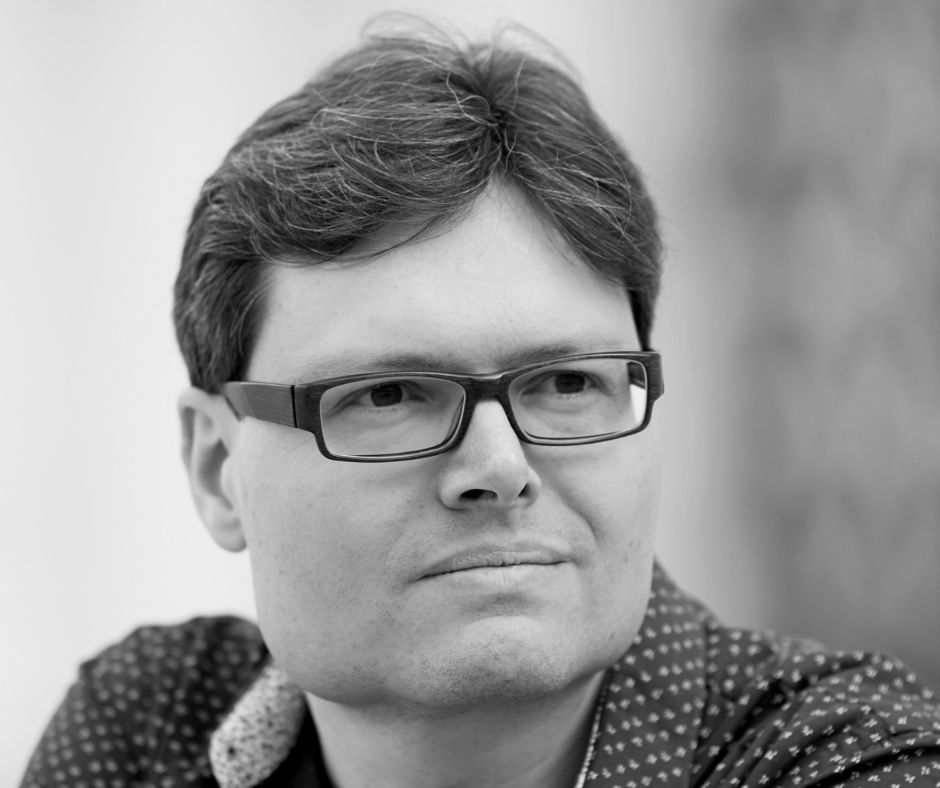.png)
.png)

Philipp Ortmeier is an award-winning composer of sacred and secular music for choir, orchestra and chamber music. As a graduate of a musical high school with the instruments piano, violoncello and percussion, he received a sound musical education at an early age. This was followed by studies in musicology in Würzburg, Vienna, Padua and Krakow, which he successfully completed with a doctorate in 2010. At the same time, he intensified his compositional activities, and the founding of his own ensemble enabled the regular realization of world premieres. To date, he has composed around 90 works for various instrumentations, ranging from solo and chamber music, orchestral and choral works to stage and film music.
The composer has received several awards for his work, including First Prize at the Orient/Occident International Composers Competition in Lviv (2023) and the Composition Competition for Pope Benedict XVI of the Diocese of Passau (2017), as well as an award at the Vienna International Music Competition (2022). He was also a repeated finalist at the Bruno Maderna International Composers Competition (2021-23).
Performances of his works have taken Ortmeier to numerous countries, including Italy, Serbia, Poland, Japan, Czech Republik, Ukraine and USA. Theater productions with his music are regularly on the repertoire of German-speaking theaters. He has been commissioned to compose works for the Bavarian Parliament, the Frankfurt Museum of Architecture, the Memorial for the Victims of Psychiatry during National Socialism in Mainkofen, the Passau Concert Association, the Finsterau Open Air Museum, and the Logos and Ethos Foundation. His music has been performed by KLK Symphony Orchestra, Ensemble Sonare Linz, Sinfonietta Passau, Singer Pur, Phoenix String Quartet and Duo FLAC, among others.
In 2022, Philipp Ortmeier was composer in residence at the Virginia Center for the Creative Arts. He lives in his native Passau and his adopted home Vienna.
Philipp Ortmeier's tonal language is characterized by the exploration of conventional major-minor tonality and church-tonal scales through harmonic enrichment to the point of cluster formation. The contemporary music of Eastern European countries with its urge for inwardness and spiritual expressiveness is particularly influential. Repetitive structures in the style of American minimal music create a feeling of duration and timelessness in the listener. The chosen work titles are mostly based on extra-musical, often religious themes. They can also stand above purely instrumental movements as a motto. A special concern of the composer is that the works can also be realized by well-trained amateurs or semi-professional musicians, which at the same time increases the dissemination and acceptance of the music by the audience.
